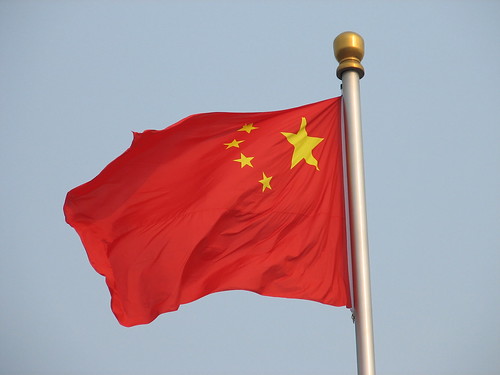 China is set to impose a new social security tax on expatriate workers and their employers as part of its social security reform program. The new law will go into effect July 1st. According to estimates from insurance industry blog Globalsurance, employers could be charged over USD 650 a month and individual expats around USD 200. The tax would provide expats with workplace injury insurance and subsidize fees at local hospitals, as well as other benefits.
China is set to impose a new social security tax on expatriate workers and their employers as part of its social security reform program. The new law will go into effect July 1st. According to estimates from insurance industry blog Globalsurance, employers could be charged over USD 650 a month and individual expats around USD 200. The tax would provide expats with workplace injury insurance and subsidize fees at local hospitals, as well as other benefits.
Globalsurance quotes Xu Yanjun, Deputy Director of China’s Social Security Center. He says expats from countries that have bilateral social insurance agreements with China (such as Germany and South Korea) may opt out of the program. A detailed overview of the plan has yet to emerge, however, partly because individual districts are responsible for implementing the tax. The Chinese government has given no information on how the law will treat workers from Taiwan, Hong Kong and Macau, and it remains equally unclear how aggressively the government will collect the tax. In any event, analysts expect numerous adjustments to the law once it goes into effect, especially once local and regional governments begin making amendments. In China it is not unusual for local versions of laws to vary significantly from those passed at the national level.
Most expats in China currently have international health insurance. Ronan Diot, Chair, Legal Working Group for the EU Chamber of Commerce in China, said the law makes sense on some levels but that China’s expat community may resent being forced to pay extra for inferior services. The expatriate insurance tax could also trigger a sharp rise in labor costs, already a problem for the Chinese economy.

Unfortunately the details are still hazy. Salary seems like a sensible criteria to me, but really it depends on what regional and local governments decide to do when the law trickles down to them for approval. It remains to be seen
1) Whether there are significant loopholes allowing expats to opt out of the tax/benefits scheme
2) How aggressively the Chinese government collects the tax
I think the key right now is for expats in China to be aware this is coming and monitor the law’s progress. We will surely post more on this in the future.
Thanks for the post! Do you know how it is going to work? Does the amount depends on employee’s salary?